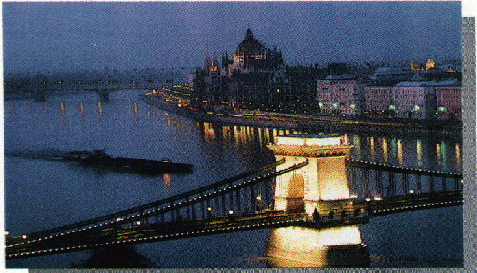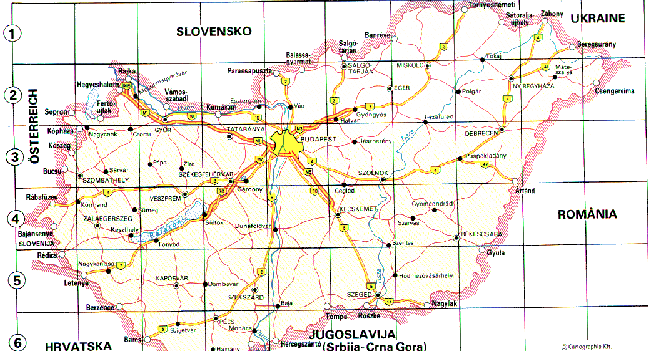


To enter Hungary: you must have a valid passport as evidence of your citizenship and identity.Under international treaty or regulation, certificates entitling the holder to cross the Hungarian border also qualify as passport, e.g. the identity card in the case of German Nationals. European Union residents just need their international passport.
To enter Hungary as nationals from Albania and Turkey you need a visa. In the case of countries outside Europe, visas are not required by nationals of Argentina, Canada, ex-Soviet-Union, Malaysia, Republic of Korea and United States.
Foreign nationals may bring in a maximum of 10.000 HUF without a permit.Banknotes of denominations greater than 1000 HUF may not be brought in without permit even when travelling in group. Persons bringing in a sum in cash exceeding 200 USD (or its equivalent in other currencies) which they wish to take out again are advised to request a certificate of value brought in, issued by the custom office. Foreign nationals do not require a certificate for travellers cheques, other cheques or bills of exchange, or credit cards, cheque cards or bank cards.
Foreign currency brought in may be exchanged for forints only in official exchange offices, travel offices, banks or hotels. The receipt given when exchanging money must be kept until departure.
When leaving the country any foreign currency brought in may be taken out. Hungarian currency up to a value of 10.000 HUF per person may be taken out. Banknotes with denominations greater then 1000 HUF may not be taken out of the country.
Exchange Rates:
By Air:
Hungary's international airport is Budapest Ferihegy with two terminals,. Flights of foreign airline companies arrive at Terminal One, Air France, Alitalia and Lufthansa, however, arrive at Terminal Two.
The Air Traffic and Airport Administration operates an express minibus service between the city centre (Budapest V, Erzsebet ter, bus terminal), and the air terminals every 30 minutes from 5.30 a.m. to 9.00 pm.
Fare: 200 HUF
Fixed-route Taxis (Airport Minibuses) operate between the two terminals and any address in Budapest.
Fare: 600 HUF
To order the service, telephone: +36.1.157.8555
It is advisable to chose one of these two options because taxis are much more expensive and, especially the private taxis, apply unregulated prices.
Airport Information:
Ferihegy One:
Flight Information:+36.1.157.7155
Luggage Location: +36.1.157.7690
Car Rental: +36.1.157.8197
Ferihegy Two:
Flight Information: departure +36.1.157.7000
arrival +36.1.157.8000
Car Rental: +36.1.157.8481
Most international express trains arrive and depart from the Eastern (Keleti) Railway Station.
Information on international trains: +36.1.142.9150 (6.a.m. to 8.p.m.)
A hydrofoil service operates on the Danube between Budapest and Vienna, with a stop at Bratislava. (time 3 hours)
Information Vienna: Tel: +43.1.50.55.644, Fax: +43.1.50.55.718

Third Party Insurance is compulsary in Hungary; the number plate and symbol indicating country of origin are accepted as evidence of insurance.
A green card is required by owners of vehicles arriving from Bulgaria, France, Greece, Israel, Poland, Italy, Romania and the former Soviet Union.
Budapest has a network of 200 bus routes, 15 trolleybus and 33 tram routes. They generally operate from 4.30 a.m. to 11 p.m.
Budapest has three metro lines: M1 (yellow line), M2 (red line) and M3 (blue line), they all cross in the inner city at Deak ter.
The nearest metro station to the University is Kalvin ter
For further information please contact:
Tourist Information
Hungarian Tourist Board
Suto Utca 2 (50 metres from Deak ter)
1052 Budapest
Tel: +36.1.117.9800
Fax: +36.1.117.9578

